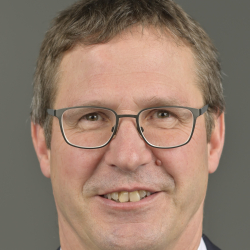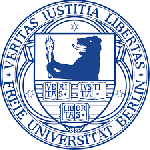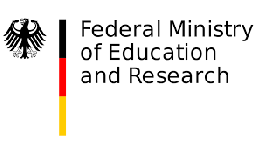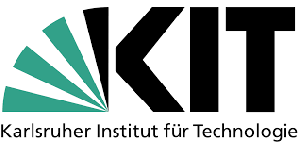ABOUT US




Reclaimed wastewater use in agriculture has become a solution for feeding a global population pressure allied to climate change, and rising demand for food, what made fresh water for agricultural purposes an increasingly scarce resource. Arid and semiarid regions across the globe progressively rely on reclaimed wastewater for crop irrigation. Reclaimed wastewater makes up over 50% of the total irrigation-water used in Israel, 17% in Spain and 6% in California. The benefits of reutilizing wastewater include water conservation and an alternative source of organic matter and nutrients for the agro-environment. However, safety concerns regarding the use of reclaimed wastewater for crop irrigation have also been raised. For years, there was a concern about the contamination of ecosystems and arable land with organic pollutants such as endocrine-disrupting compounds, pharmaceuticals and other synthetic chemicals. In a recent report we have seen for the first time that active pharmaceutical residues have penetrated the food chain, which emphasizes the health concerns for the population as well as an urgent need of developing techniques to minimize risks associated with irrigation with treated wastewater. The main goal of the project is to improve the safety of agricultural products grown in countries which are obliged to use waste materials for irrigation and fertilization in agriculture. The concept of the project is not to set limits for this practice but to develop a technology with significantly reduced risks of transfer of organic contaminants into the agricultural products. The new technology will be based on i) the improvement of soil functions to enhance in situ the removal and detoxification of introduced organic pollutants, (ii) new production procedures for safe soil amendments and iii) a clear discrimination of non-bioavailable organic pollutants introduced




.jpg)







